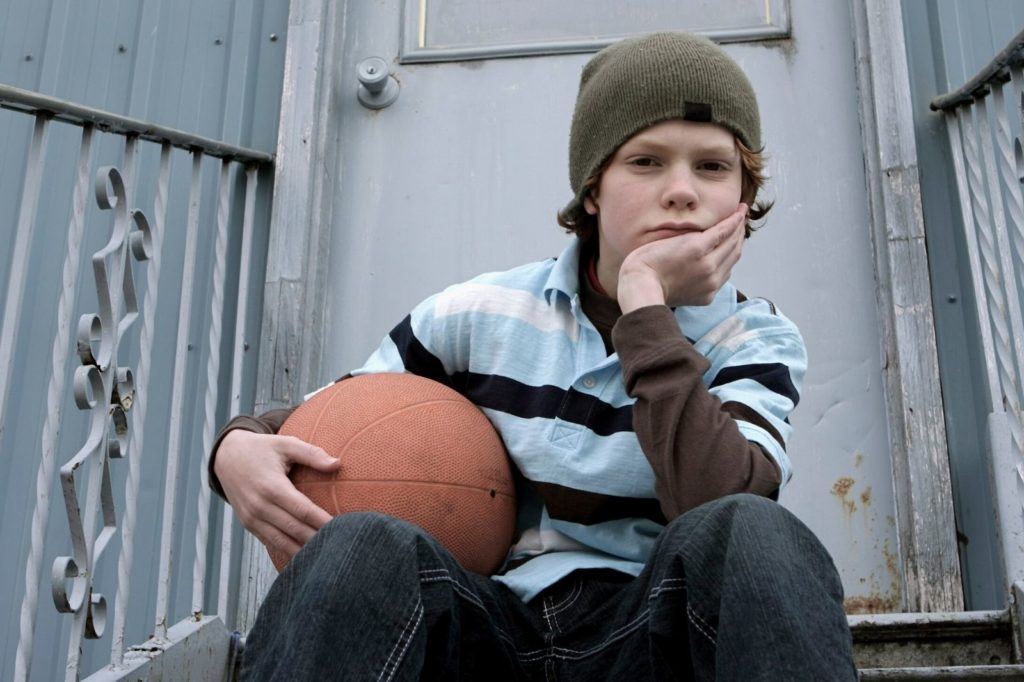Most of us think of childhood as a safe, peaceful and happy time in a person’s life. During this time, children usually learn they are loved while their needs are being met in secure and consistent ways. Children come to understand that they belong to their families and their families belong to them. During the first few years of life, this attachment bond is formed with the parent or primary caregiver and will impact the child in many ways.
Attachment is a relationship between a child and their parent or primary caregiver that becomes essential for future personality development and in forming healthy relationships throughout their lifetime. The attachment a child experiences influences how they see the world and can help them develop internal values, such as morals, empathy, behavior controls and the trust to form consistent caring and lasting relationships.
Children who experience big losses at an early age, like orphans or foster children, are often at risk for having difficulties in their attachment and development. Some children’s attachment problems can cause emotional issues in the way they relate to others. Children with emotionally unavailable or neglectful parents are also at risk for having attachment problems. There are many other factors that can impact a child’s attachment including trauma, loss of a loved one, maternal depression, emotional, sexual or physical abuse, use of drugs and alcohol by the primary caregiver, children with disabilities, behavior issues or mental health issues, as well as parents who themselves have attachment issues.
The ability of a child to form an attachment with someone directly influences the way he perceives himself and his behavior. Behavioral signs of children with insecure attachments include:
- being overly clingy
- violent or aggressive
- problems with friendships or trusting relationships
- not able to deal with stress or adversity
- lose of self-esteem and negative view of self
- school problems
- lack in empathy and remorse
- sensitivity rejection
- difficulties expressing anger and sadness
Children with attachment issues are often viewed as manipulative, but are frequently full of anxiety, anger and feelings of low self-worth.
While attachment issues can have lasting effects, it is never too late to work on improving and repairing connections with children. Children can learn to establish positive, healthy and supportive relationships with parents, child care providers and teachers.
Children may also benefit from individual and family therapy, where parents can be helped by learning parenting strategies that can assist them in forming better attachments. This in turn may help the child with both present and future relationships.
For healing young minds and hearts,
Poul Poulsen










